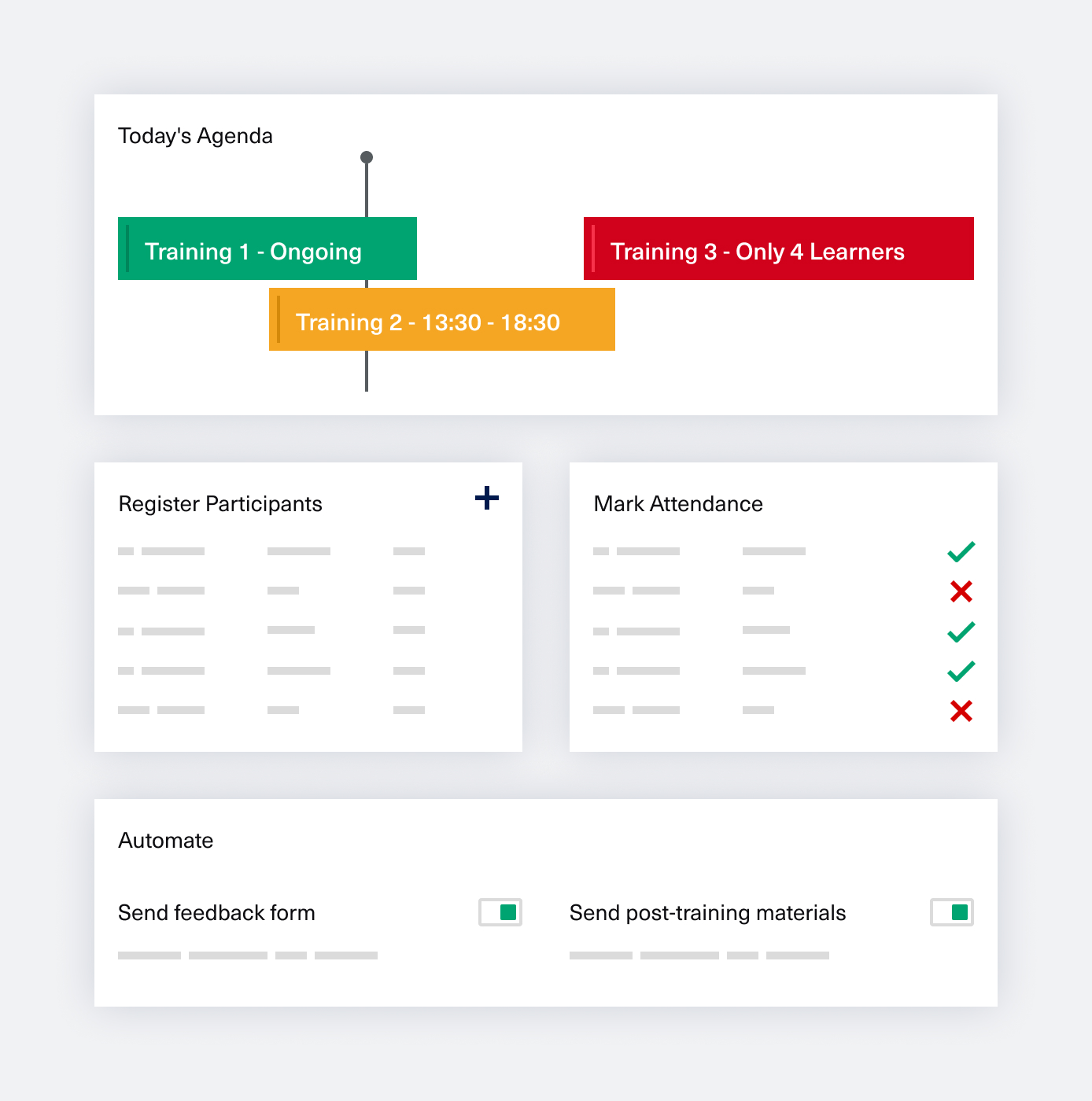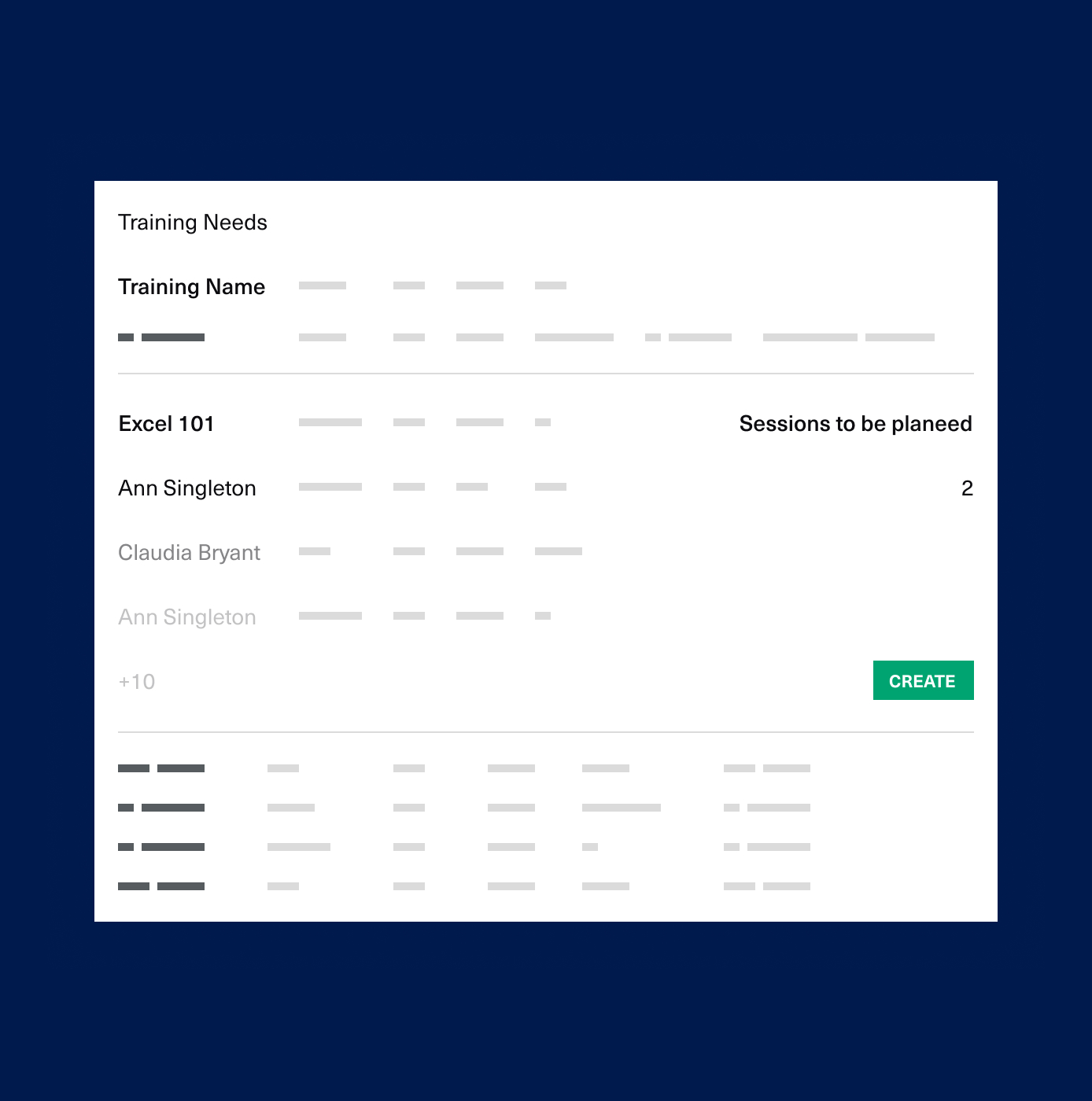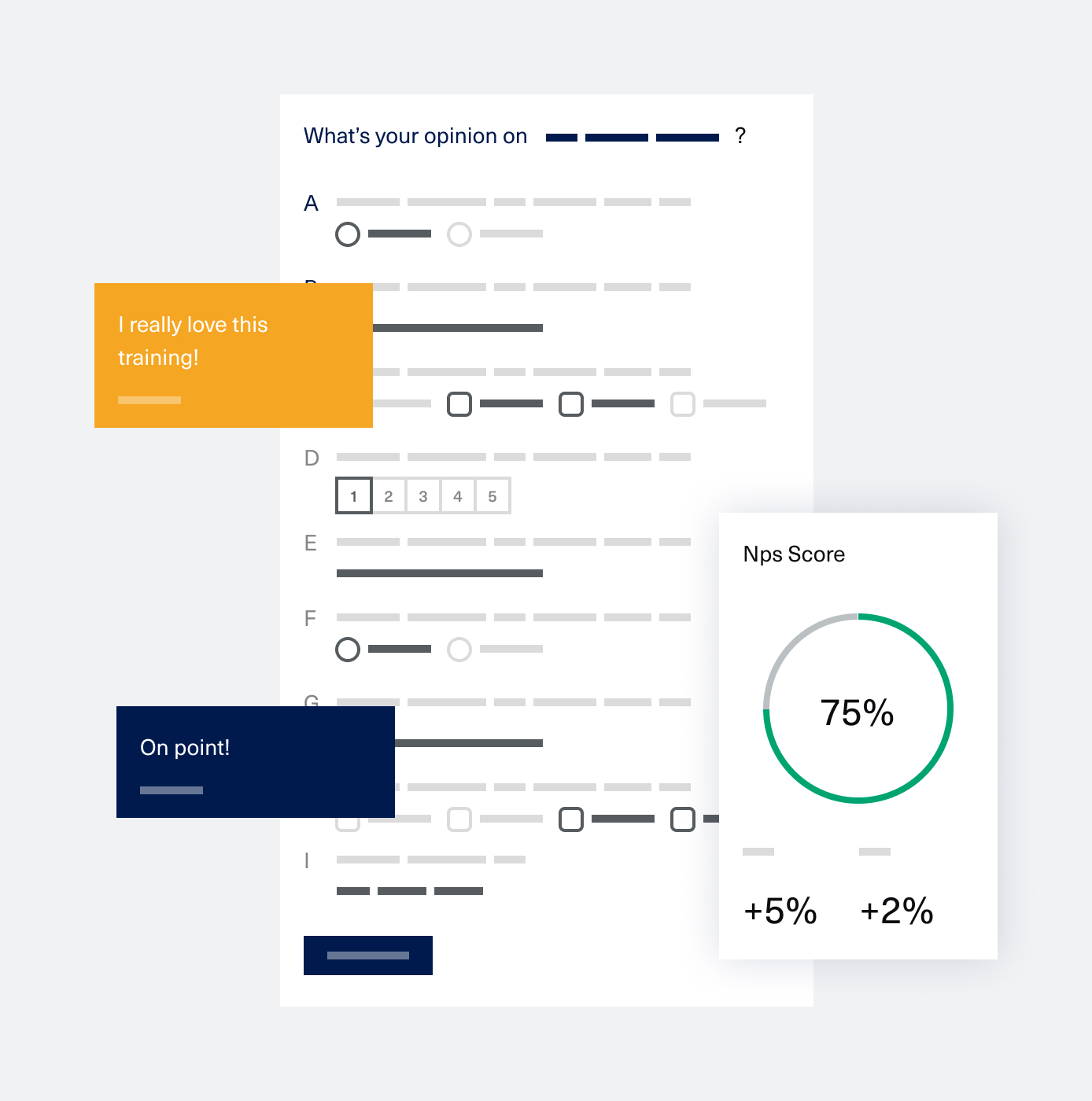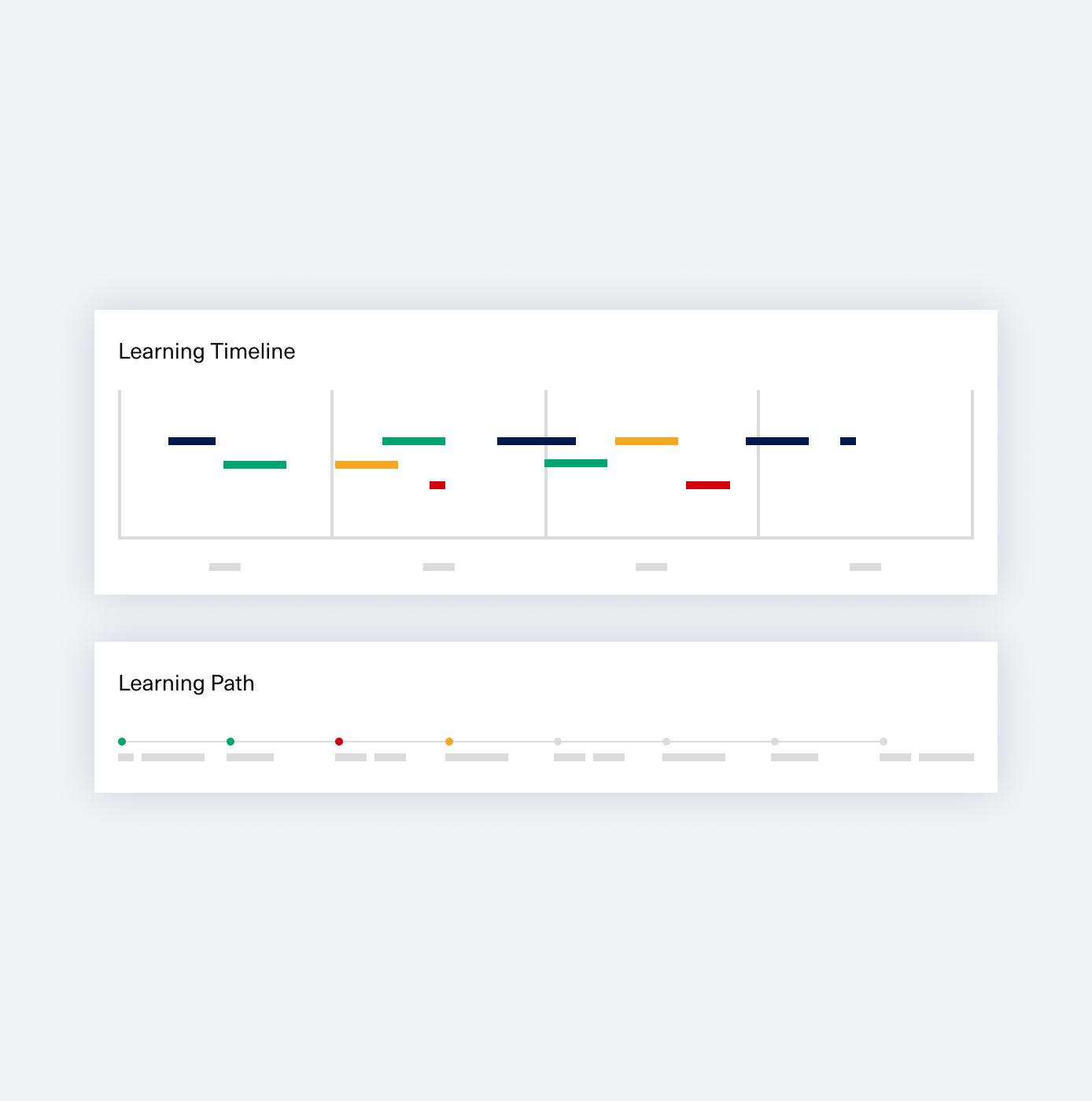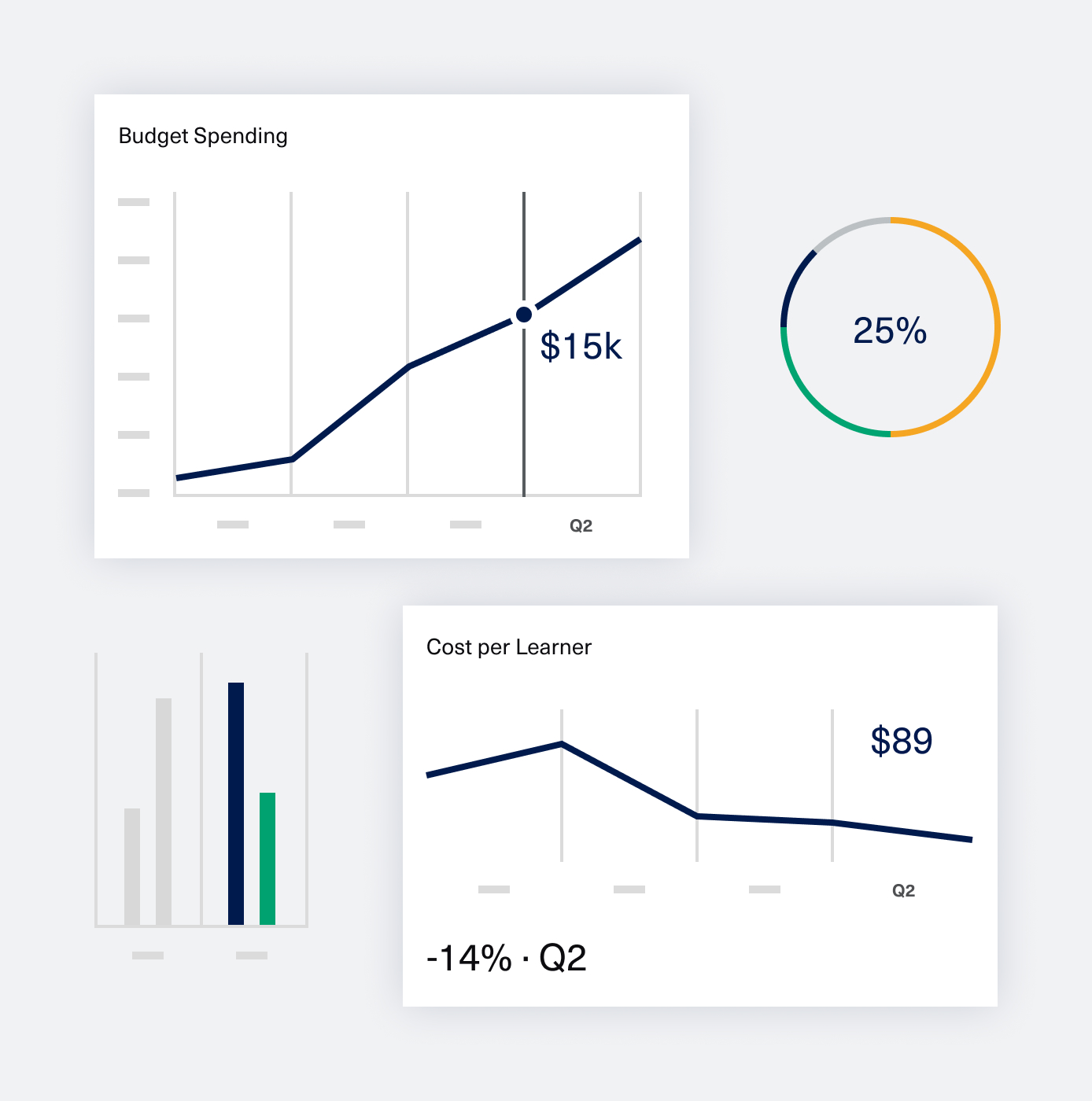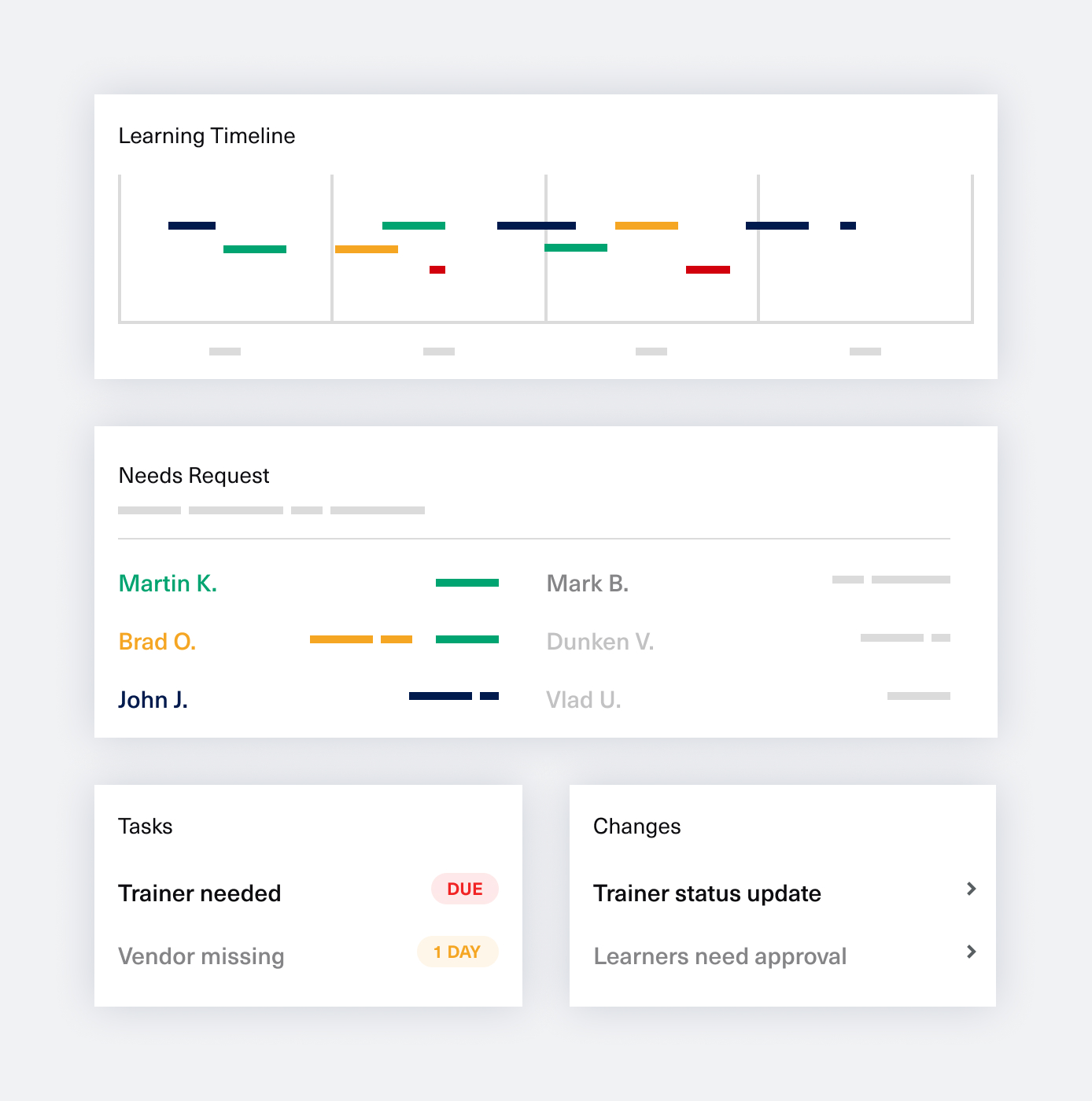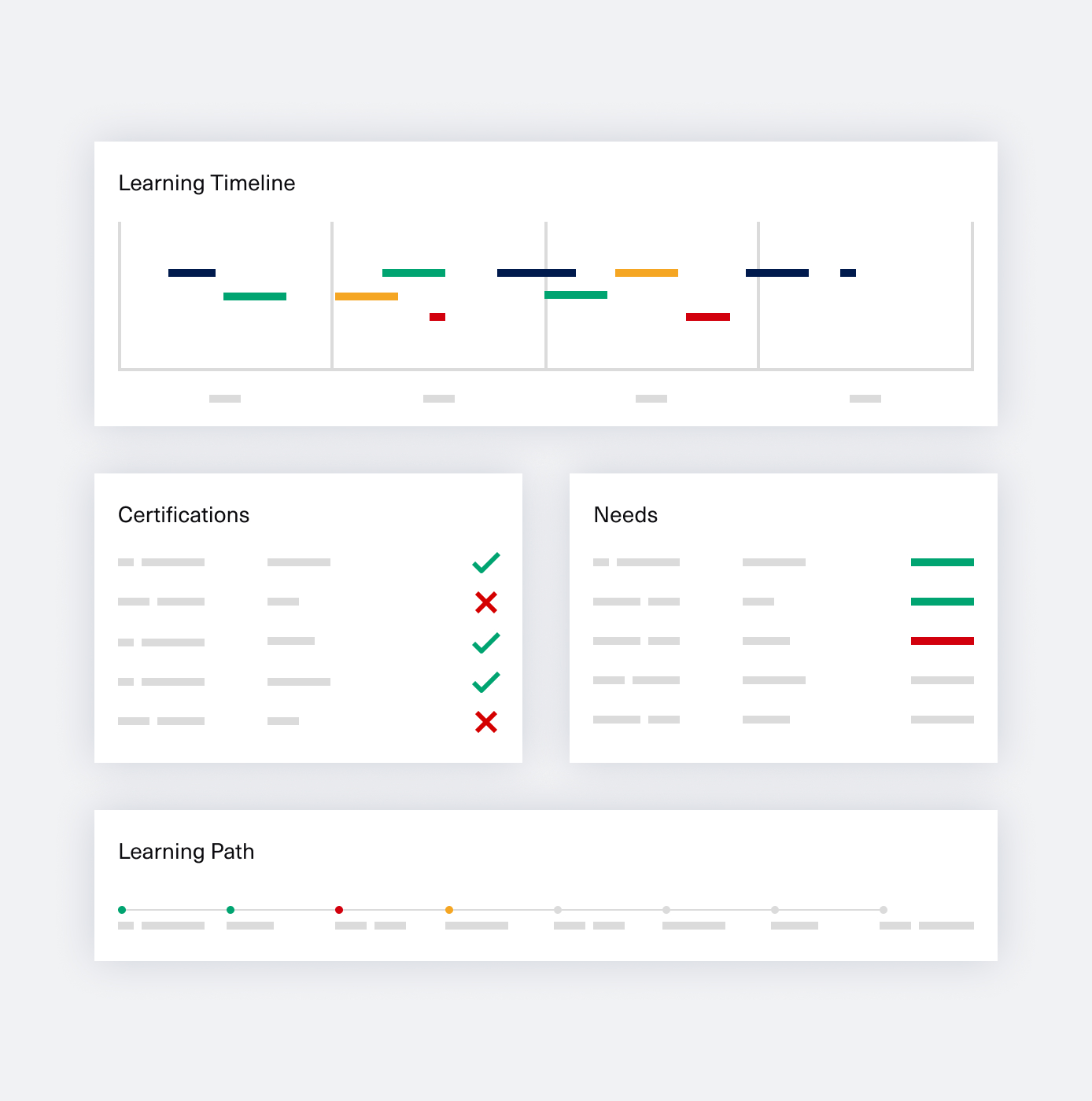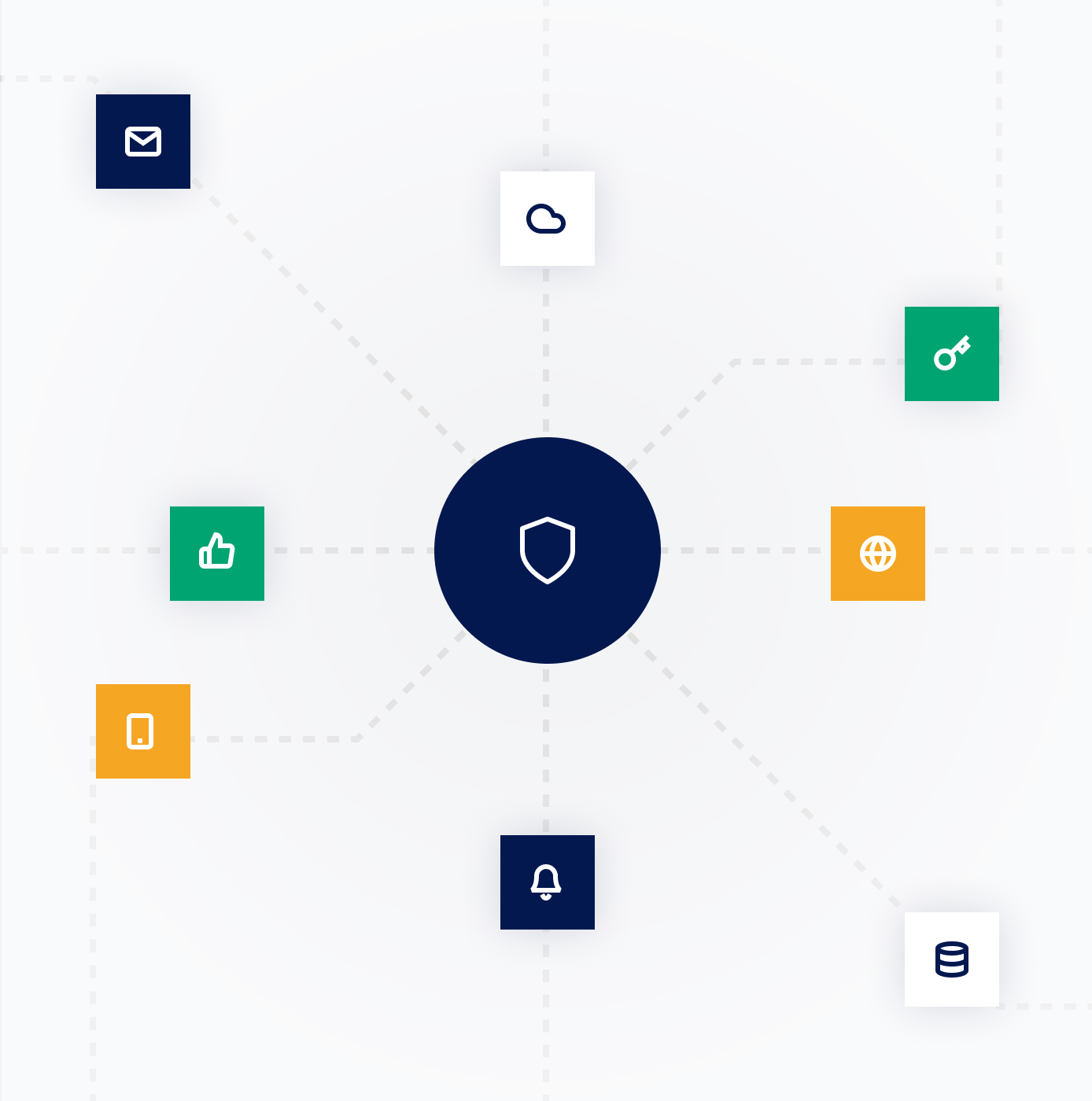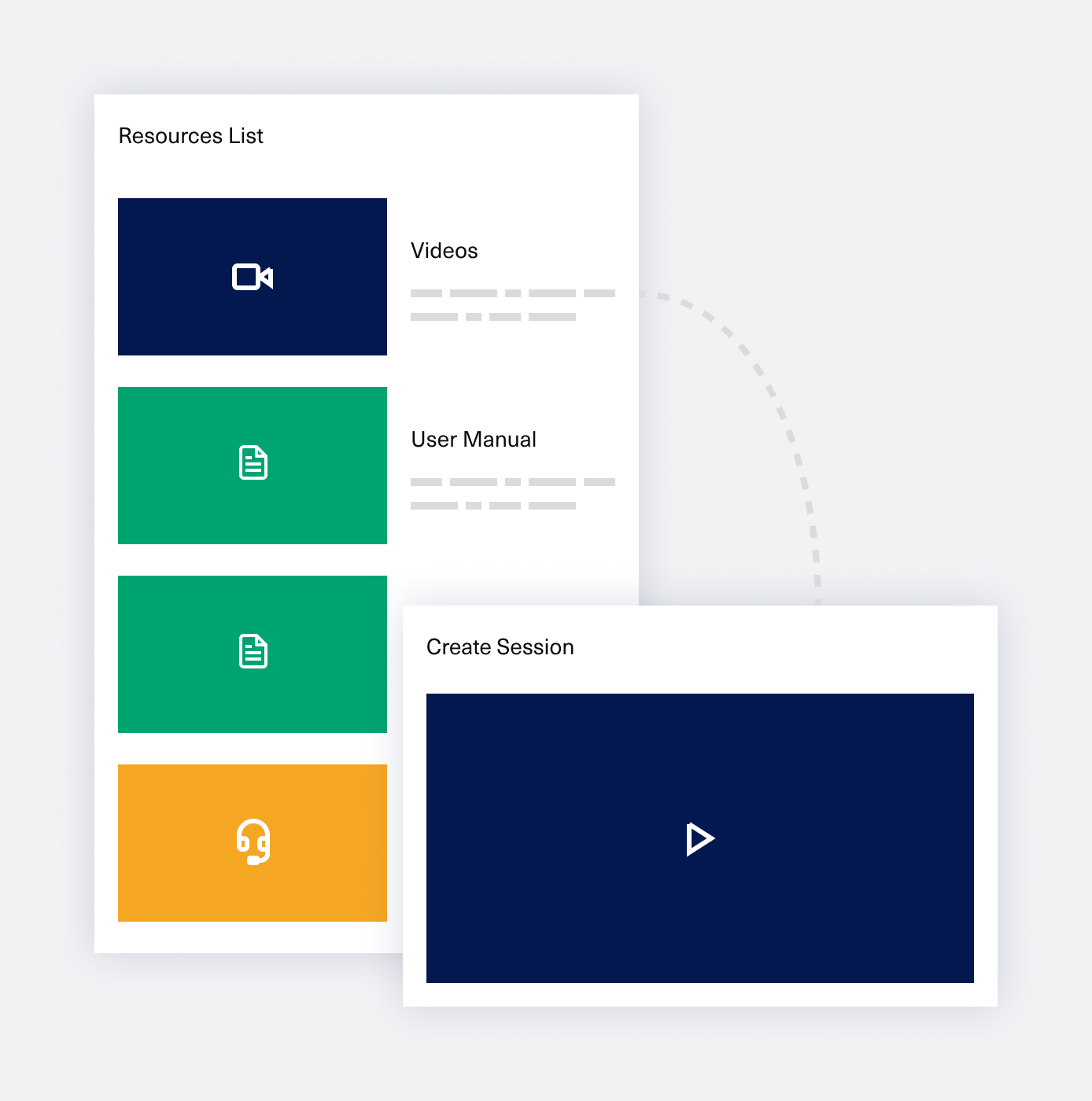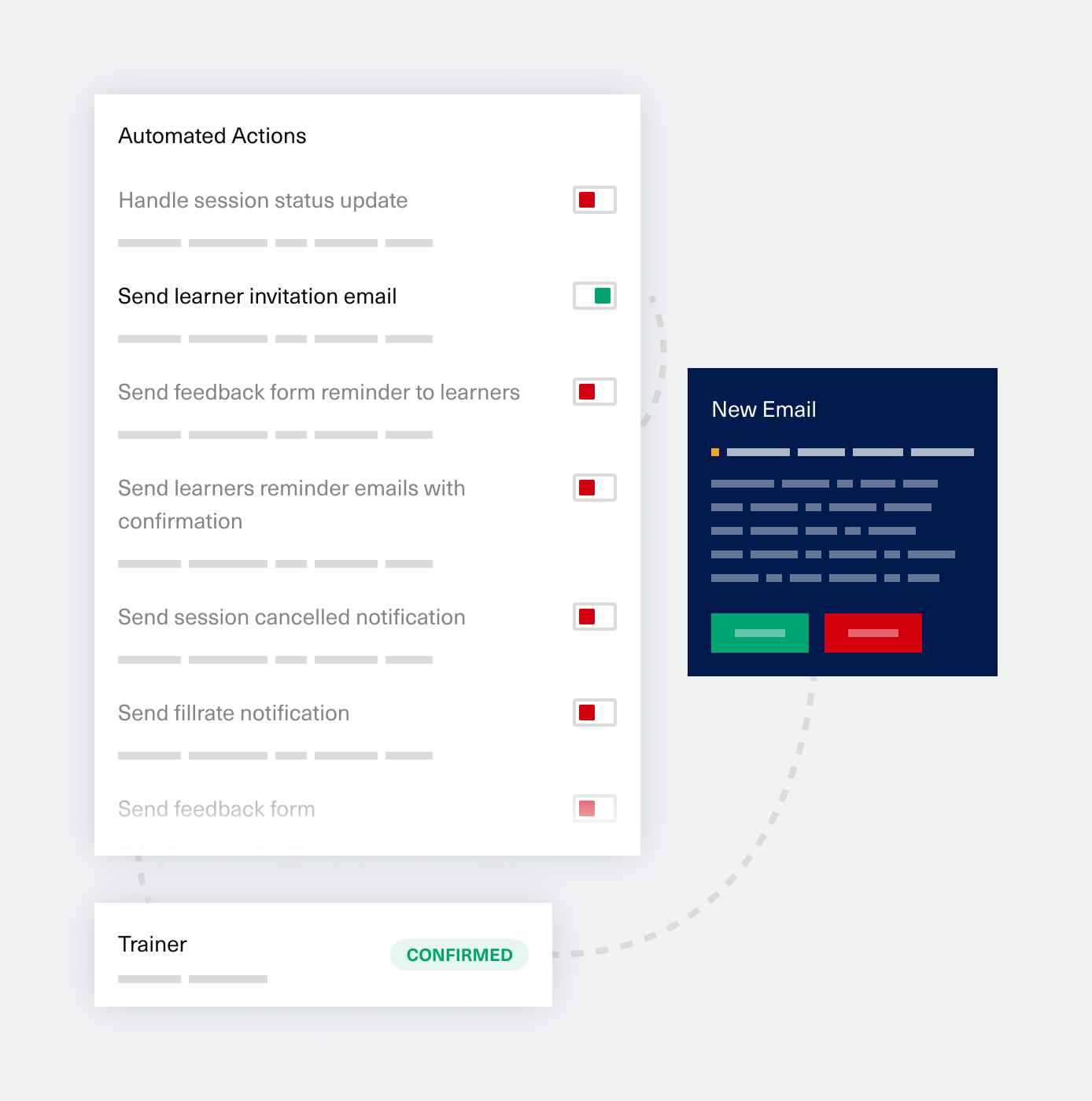In today’s ultra-competitive world, learning and development professionals are increasingly looking to earn various certifications to make themselves more marketable to employers and stand out compared to their uncertified peers. There are plenty of industry-specific learning and development certifications out there, but what do they mean, and should you bother getting one? It’s time to take a closer look at them.
What are my options?
If you’re not sure what kind of L&D certification you want, don’t panic. The most common types are those from professional associations such as Project Management Institute (PMI), Association for Talent Development (ATD), International Association of Business Communicators (IABC), and Chartered Institute of Personnel and Development (CIPD). Then there are vendor-specific certifications from Salesforce, Microsoft, Oracle, Big Four – you get the idea. There are so many options to choose from that you must do some thorough research before deciding. And don’t forget to make sure your certification will be recognized by current and potential employers or organizations before plunking down hundreds or thousands of dollars on a prep course or exam.
You may also look into non-traditional routes like gamification that encourage learning through play instead of passive education or topics such as organizational development and change management; the list is endless. There are online programs, too, the likes of Udemy and Coursera, that offer free certificates after completing designated courses. Despite not being standardized credentials, they still add to your overall knowledge base. Finally, many large companies now provide internal training certifications for their employees; if you currently work at one of these firms, inquire about their offerings.
The most well-known certification available is a Certified Professional in Talent Development (CPTD, formerly CPLP) credential. To earn your CPTD, you’ll need to pass an exam administered by ATD; because it’s one of the older certifications, its standards are well-established. Many employers offer tuition reimbursement or other incentives to help employees get their CPTD – but even if they don’t, a study suggests that those with a certification like a CPTD earn about 15 percent more than those without one. In addition to having solid content, earning your CPTD can give you networking opportunities with other L&D professionals who may help advance your career.
How to choose something that’s right for me?
Choosing an L&D certification can be tricky; there are plenty of questions to consider. What do you want to learn more about or become certified in? How will your employer feel about it, and how much time do you have to commit to studying for a particular exam? The best place to start is career support organizations and LinkedIn groups of L&D professionals who can help with all of your specific questions. It’s essential that you do your own research to get answers to all of your questions so that you feel your final decision is very well-informed. Career support organizations offer detailed reports on each certification, as well as guides to finding a course that suits your learning style. Groups are great for speaking to a wide range of people, from those who have not pursued any certification at all to those who have received various certifications and can tell you their pros, cons, and conclusions. This can be particularly helpful if you don’t have much experience with online courses or self-directed learning; some people need an extra hand when making such decisions.
What’s important is that you choose a path with which you feel comfortable – at least at first. Then change tracks if it doesn’t feel right after trying it out! Opportunities abound to become certified with myriad vendors who offer everything from introductory, generalist certifications to highly specialized programs. But just because they provide certificates doesn’t mean every professional needs them – or should pay money for them. Asking yourself some pertinent questions about your goals, strengths, weaknesses, and personality can help determine whether undertaking something new will add value to your career, help land those promotions and raises, or leave you feeling adrift.
The Benefits of L&D certifications
There are numerous upsides to obtaining an L&D certification: a boost in confidence that comes from testing one’s knowledge of a subject area, knowledge-based growth that can come from studying for an exam, better overall job prospects, networking with others who have similar interests. If you’re keen on growing your career in L&D, getting a certification is often worth it. The benefits of earning a certification include a better salary (averaging about 12 percent more than non-certified employees), more job satisfaction, and higher personal development.
Many companies see value in an L&D certification, especially when accredited by a respected third party. Some companies may even offer incentives to certified professionals or those who have achieved a certain number of credits within a specific time frame. Being certified in your field allows you to build your skills with confidence while helping you stand out among other job candidates. And if your company requires L&D certifications as part of their recruiting process, the chances are high that the certification will be a sought-after skill on your resume. Also, in some cases, employers view L&D certificates favorably because they showcase development interests alongside industry knowledge.
The bottom line is that education is never useless; investing in yourself and growing your skillset can only help advance you within your career and ultimately improve how you serve others along the way. However, make sure that any potential employer (or client) knows what your specific certificate represents before applying to any available positions.
The Downside of L&D certifications
While many pros exist for pursuing learning and development certifications, there are several significant reasons why they might not be suitable for everyone. A common complaint against credentials involves practicality; while some may seem logical or justified – depending on where one works – quite often, they lack relevance outside their company or industry setting.
When it comes to learning and development certifications, there is no one set of standards by which you can measure them all. Some L&D certifications test your skill or knowledge on a particular subject, while others look at your practical ability to lead other learners in a classroom setting. There are certificates for everything from instructional design to gamification, so it’s easy to get overwhelmed with what you need – and don’t need – for your professional development. Even if you have your sights set on a particular certification, always check the offer thoroughly before committing time and money. Some programs may be designed for corporate-level trainers, while others aren’t tailored to adult education!
Furthermore, it’s generally tough to get certification without taking a class or exam. That said, some let you pass based on work experience; others will accept independent study but charge you more than they would if you took the actual exam. If that sounds discouraging, remember that professionals who go through all of the classes (in addition to working toward passing an exam) usually have a deeper knowledge base than those who don’t – and more in-depth knowledge translates into better performance for your organization.
Also, remember that certificates aren’t always required; some positions won’t ask for a formal certificate but may request some specific prior experience. At first glance, you might think it’s better to have a certification than not have enough experience or education. However, remember that employers know how much effort it takes to earn a particular certificate. In this case, if you don’t meet their criteria without one, you will likely fall short with one, too. Don’t feel like any piece of paper is your golden ticket into getting hired; find out what kind of standards your potential employer has in place and focus on making sure you reach them!
Things to take into account when making the choice
Are you a new grad hoping to get a foot in your organization’s door? Are you an established worker trying to prove your worth as an employee or demonstrate your value to potential employers? There are plenty of reasons someone would pursue an L&D certification. But that doesn’t mean it’s easy to decide which type of certificate is right for you or whether one is worth pursuing at all. Here are a few things you should consider when choosing your path.
First things first, it helps to know a bit about different kinds of L&D certifications. Though there are many designations for in-house company-specific programs, online or in-person classroom training sessions, or some combination of these approaches, not all certification types fall into these categories. One distinction is between certificates vs. degrees (or diplomas). Another is between industry-specific versus generic qualifications. In reality, most designations blur a little bit over both of these lines – it’s more important to consider all factors when deciding what you need from an L&D certification.
Certifications have several main points of value. First, they may help you keep your skills up to date. As we discussed in our podcast episode on future-proofing your L&D skills, you don’t want to get rusty in your field. To avoid becoming out of touch, it’s always helpful to seek out new challenges and learn from more experienced pros than yourself. Keep yourself informed, brush up on your research skills, join a community and ask questions about the latest, most sought-after skills! Having a formal certification can be a way to show potential employers that you are committed to your craft.
Second, having an industry certification could make it easier for you to network with professionals in fields related to yours – think recruiters or other hiring managers who aren’t necessarily trained in learning and development but know what certifications mean for a given job or career path.
If you’re confused as to what kind of L&D certification to pursue, here are some final words of advice: look at your interests first. Are you more interested in instructional design or organizational development? Do you have a background in training, or do you want to make a transition into HR? After that, consider where you want to take your career. Is there an industry requirement for a particular certification, such as Project Management Professional (PMP) or Agile HR Certified Practitioner, if you intend to work in a tech company (not that Agile is something strictly relevant in IT)? Finally, ask yourself if formal education is right for you; learning on your own could very well be more time-efficient and cheaper when online courses provide sufficient instruction.
In Conclusion
There is no ‘best’ option or ‘one size fits all’ approach; it depends on you, your needs, and where you want to take your career. Each has its advantages and disadvantages. Take some time to think about what you need today or in five years, do a little research on what each certification offers, and make an informed decision from there. The important thing is that you’re constantly learning, growing, and improving – whatever approach gets you there most efficiently is perfectly fine.


